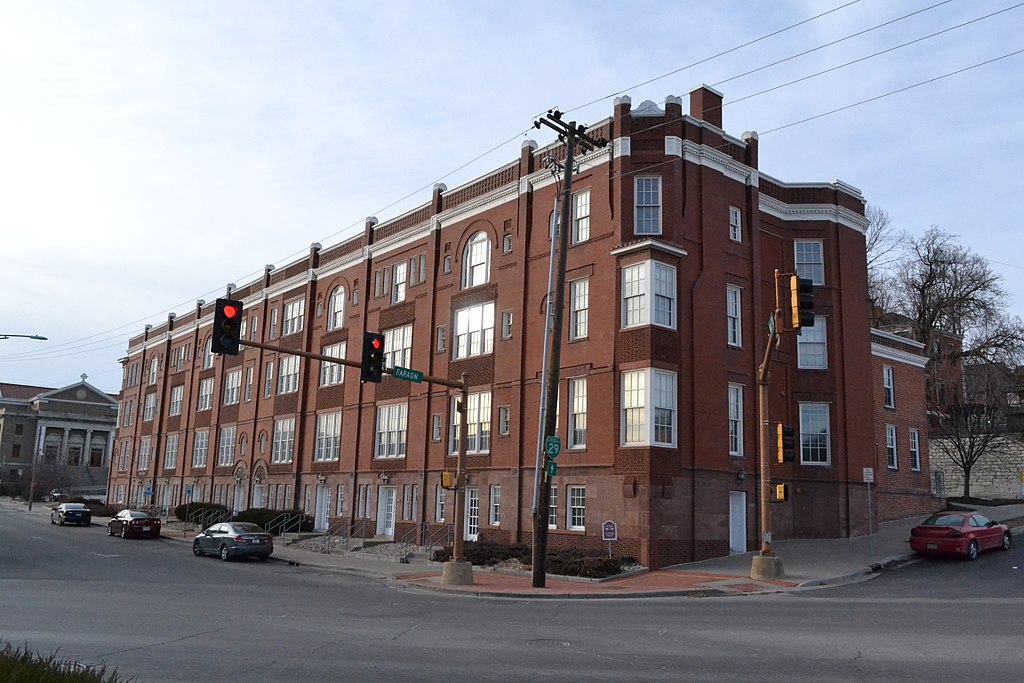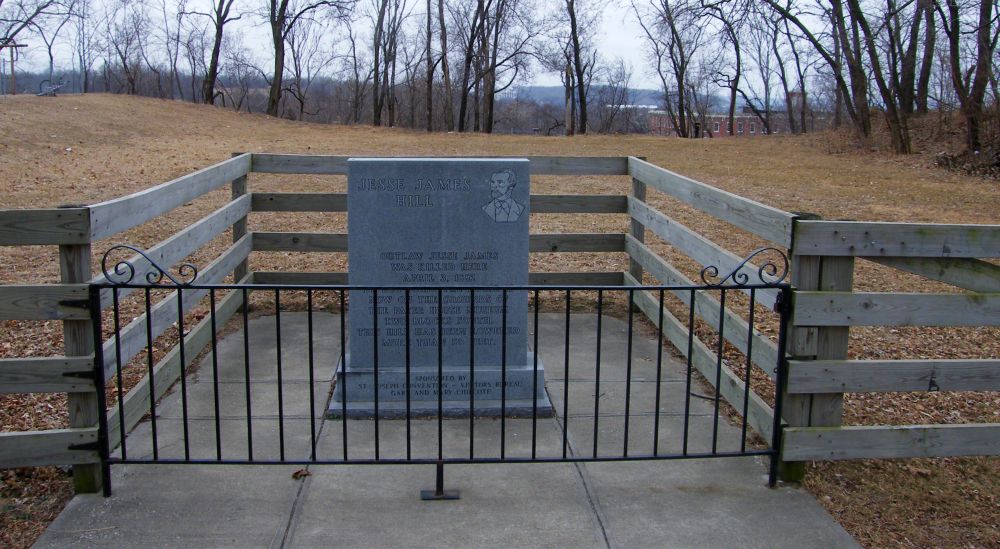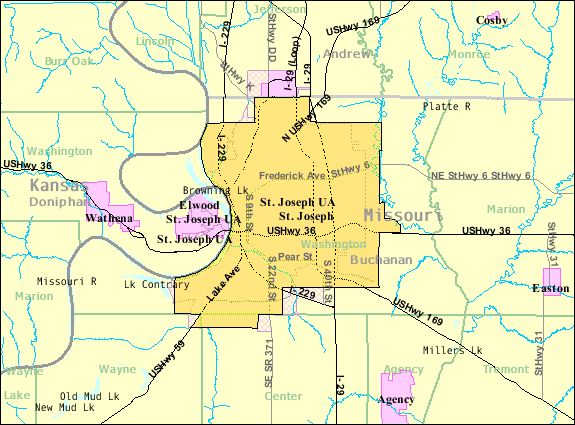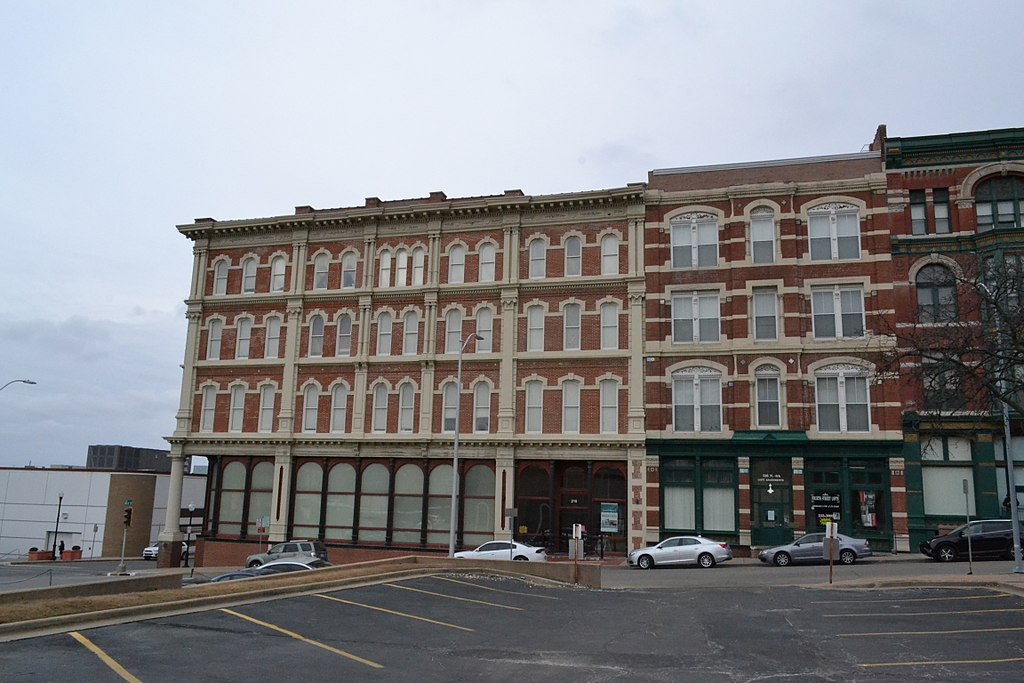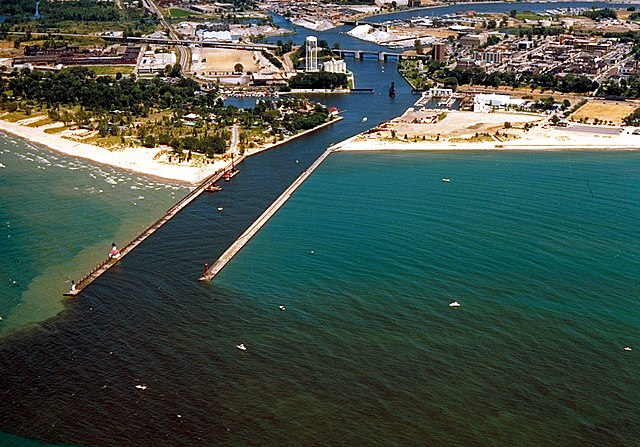Things To Do With Friends When Bored In St. Joseph MO
2000 census[edit]
As of the census[23] of 2000, there were 73,990 people, 29,026 households, and 18,460 families residing in the city. The population density was 1,687.7 people per square mile (651.6/km2). There were 31,752 housing units at an average density of 724.2 per square mile (279.6/km2). The racial makeup of the city was 91.9% White, 5.0% Black, 0.5% Native American, 0.5% Asian, <0.1% Pacific Islander, 0.7% from other races, and 1.4% from two or more races. Hispanic or Latino of any race were 2.6% of the population.
There were 29,026 households, out of which 30.1% had children under the age of 18 living with them, 46.7% were married couples living together, 12.8% had a female householder with no husband present, and 36.4% were single-family households. 30.4% of all households were made up of individuals, and 13.2% had someone living alone who was 65 years of age or older. The average household size was 2.39 and the average family size was 2.98.
In the city, the population was spread out, with 24.1% under the age of 18, 11.6% from 18 to 24, 28.6% from 25 to 44, 20.3% from 45 to 64, and 15.4% who were 65 years of age or older. The median age was 36 years. For every 100 females, there were 95.6 males. For every 100 females age 18 and over, there were 92.7 males.
The median income for a household in the city was $32,663, and the median income for a family was $40,995. Males had a median income of $31,300 versus $21,592 for females. The per capita income for the city was $17,445. About 9.1% of families and 13.0% of the population were below the poverty line, including 15.5% of those under age 18 and 9.8% of those age 65 or over.
